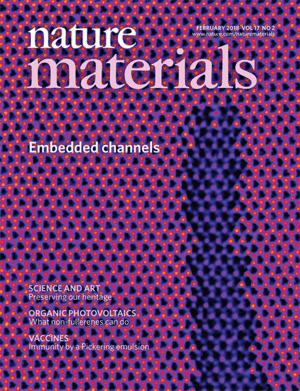 The authors of a highly cited 2016 research letter on a way to improve the efficiency of solar panels have retracted their work following “concerns about the reproducibility.”
The authors of a highly cited 2016 research letter on a way to improve the efficiency of solar panels have retracted their work following “concerns about the reproducibility.”
Given the potential importance of the data, it would be nice to know what exactly went wrong, and why. However, the retraction notice doesn’t provide many details, and doesn’t even specify if the authors did indeed fail to reproduce the data.
The letter, titled “Graded bandgap perovskite solar cells,” was published in Nature Materials by a group out of the University of California at Berkeley and the affiliated Lawrence Berkeley National Laboratory. The 2016 article has been cited 16 times, according to Clarivate Analytics’ Web of Science, earning it the ranking of “highly cited.”
Berkeley heralded the findings in a press release as a “major advance” in the field of solar energy:
Continue reading “Major advance” in solar power retracted for reproducibility issues

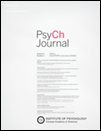 The authors of a 2017 paper on emotional and behavioral gaps between boys and girls have retracted the article after discovering a coding error that completely undermined their conclusions.
The authors of a 2017 paper on emotional and behavioral gaps between boys and girls have retracted the article after discovering a coding error that completely undermined their conclusions. 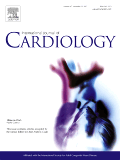 A cardiology journal has retracted a 2016 meta-analysis after the editors had an, ahem, change of heart about the rigor of the study.
A cardiology journal has retracted a 2016 meta-analysis after the editors had an, ahem, change of heart about the rigor of the study.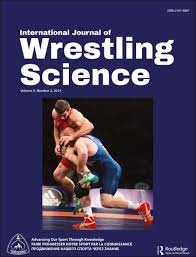 A
A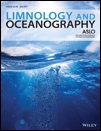 An oceanography journal has retracted a 2017 paper by a group of researchers in China after learning from a reader that one of the authors had a bogus affiliation in the United States.
An oceanography journal has retracted a 2017 paper by a group of researchers in China after learning from a reader that one of the authors had a bogus affiliation in the United States.  Does failing to disclose that you were once a leader in the “Axis of Evil” deserve retraction?
Does failing to disclose that you were once a leader in the “Axis of Evil” deserve retraction? 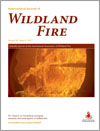
 Post-publication peer review isn’t just for scientists. Newspaper reporters can help correct the scientific record, too.
Post-publication peer review isn’t just for scientists. Newspaper reporters can help correct the scientific record, too. 